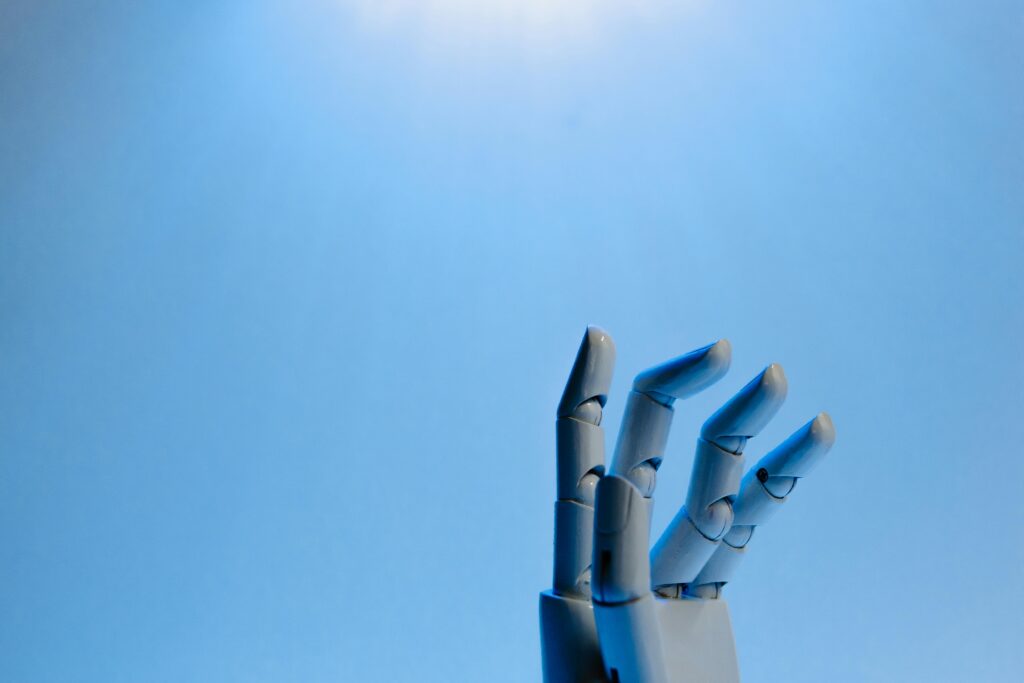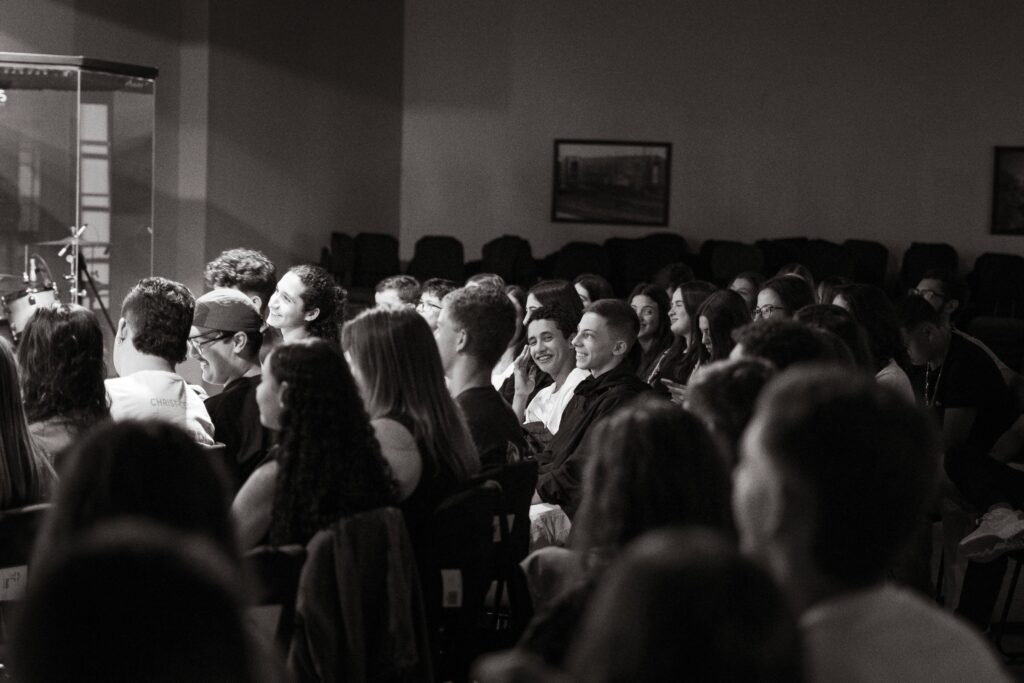The economy between society and the State
We must recover the sense of responsibility of the person and of intermediate societies in the configuration of society, trusting in the creative capacity of freedom

Miguel Alfonso Martínez-Echevarría presents a new book, the result of many years of research and teaching: The Economy between society and the State (EUNSA, 2023). A synthesis of the relationships between economy and politics, whose formulation was established in the 17th century, where he places the birth of the modern concept of State and economy. “More specifically, the central thesis of this book is that this concept would arise from a negative way of understanding politics, a consequence of the pessimistic anthropology of Luther and Calvin, and, ultimately, from the new voluntarism notion of law proposed by nominalist philosophy. The author analyzes the cultural keys of the modern approach that conceives the economy as a structure or system that, despite being driven by passions, would be regulated by an impersonal mechanism that, autonomously and unintentionally, would lead to the broadest satisfaction of collective needs. In this sense, the supposed “discipline” or “rationality” of the economy would be the “modern substitute” for the “arbitrariness” and “corruption” typical of politics” (pp. 10-11).
The book is a large-scale synthesis that covers the history of the West from classical antiquity to the present day. The historical, philosophical, economic, political, and cultural perspectives converge in its pages. An ambitious proposal. The author points out – in a concept that is very dear to him – that “as a manifestation of freedom, history is not predictable, it is not determined from behind, from supposed initial conditions, as happens with the Newtonian cosmos, but is driven forward from the principle of freedom that resides in each man, which at every moment opens new possibilities and leaves others aside. What makes history possible is the freedom of each person, whose destiny transcends history. The true novelty is not progress, in the sense of the external result, but the unique and unrepeatable contribution of each person” (p. 500).
Human beings respond to the challenges that the times pose to us, with better or worse success. The social configuration we arrive at has history and is open to new alternatives. The best and definitive society does not exist, as some interpretations of the style of Hegel or Marx wanted: the perfect society here on earth and forever. Utopias that, turned into history, have given rise to the disastrous totalitarianism that we have witnessed in the 20th century.
Likewise, certain conceptions of the market have seen in it the solution to the problems of social organization, since they consider that there are natural laws that, left to their logic alone, would solve the problems of the economy at all levels. Martínez-Echevarría notes, rather, that “there is no uniform market in its operations and qualities in all places and times. The classic idea of the market as a natural – or “neutral” – process has been surpassed” (p. 507).
On the other hand, “by pretending that political society was a system, a consistent external result, it was imposed that human action could only be poietic”, reduced to the capacity to do, produce or fabricate external things or results. “In other words, the march of history was no longer linked to the praxis and freedom of each person, but became a deterministic process” (p. 503). The evaluative dimension of human action was forgotten, that which makes us better or worse people. In this sense, politics is limited to government plans that offer to do things, “works” (infrastructure, production, money, schools, hospitals), leaving aside the possibility of creating the conditions for a good life for citizens. A policy focused only on the means, ignoring the ends and the moral dimension of human behavior.
In this split, Martínez-Echevarría sees “the error of modernity, having reduced man to his product, forgetting that man is an act, always in tension towards the gift, which points to delivery and reciprocity. We can thus reach the conclusion that what has given rise to the crisis of postmodernity has been the inevitable failure of having attempted to establish a “natural end” of man, a false substitute for the “natural law.” Not only has this supposed goal not been achieved, but the result has become increasingly complex, unpredictable and difficult to control” (p. 532).
We have a challenging task at hand to reintegrate its double productive and ethical dimension into human action. Economy and politics must dialogue, a practical dialogue and fine motor skills. We require more politics, which does not mean more State. That is, we must recover the sense of responsibility of the person and of the intermediate societies in the configuration of society, trusting in the creative capacity of freedom.
We must thank Martínez-Echevarría for the book of maturity that he has offered us. I have enjoyed it, even though in more than one section it has been arduous reading. Without a doubt, an inspiring book, open to dialogue and subsequent developments.
Related

Cardinal Arizmendi: Beware of Artificial Intelligence!
Felipe Arizmendi
09 April, 2025
5 min

Revolutionize Celebrations
Mar Dorrio
09 April, 2025
2 min

Reasonable Answers About Our Faith
Mario J. Paredes
09 April, 2025
5 min

Sensitivity in a Managerial Key: The Forgotten Muscle of Meaningful Leadership
Alejandro Fontana
08 April, 2025
3 min
 (EN)
(EN)
 (ES)
(ES)
 (IT)
(IT)

